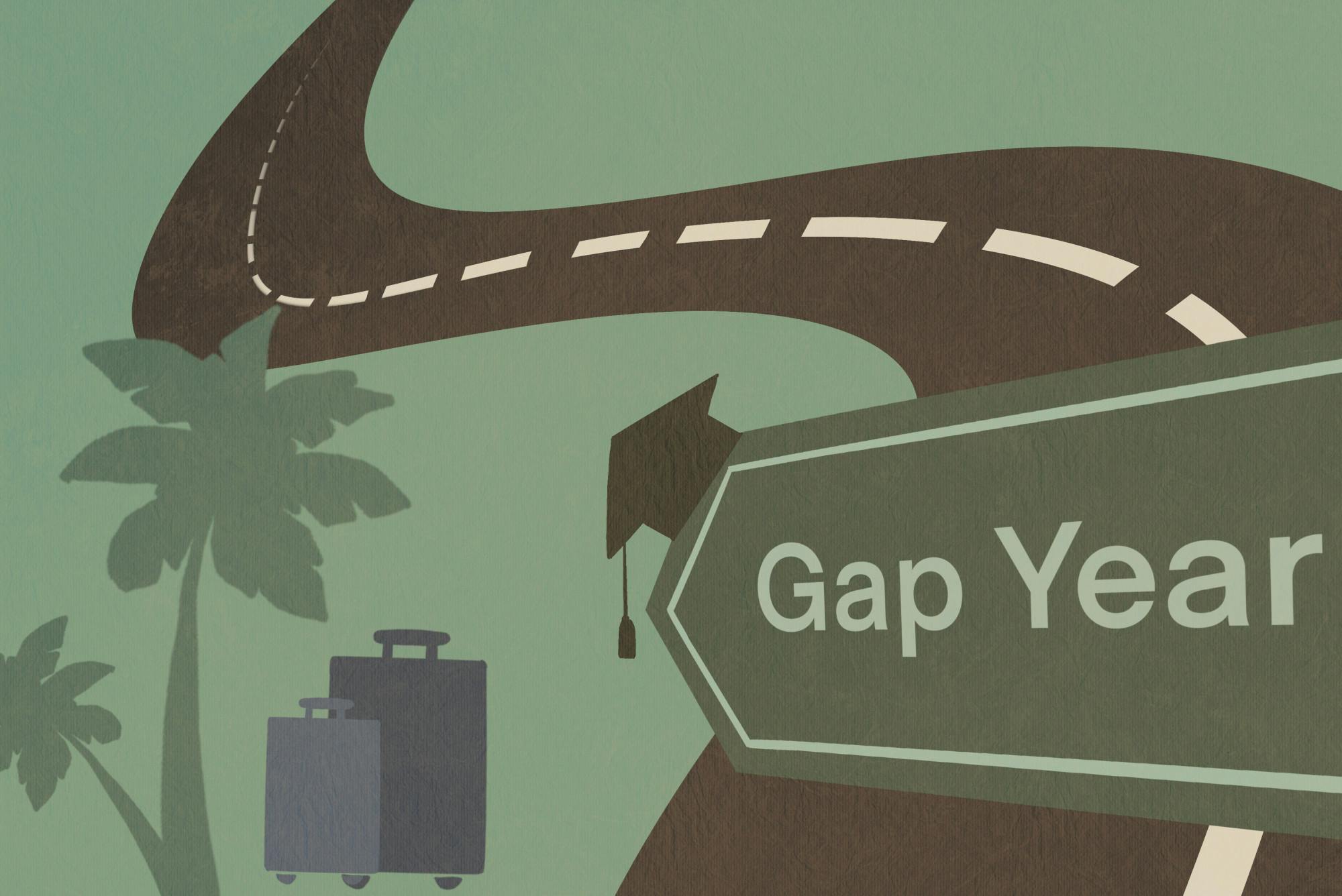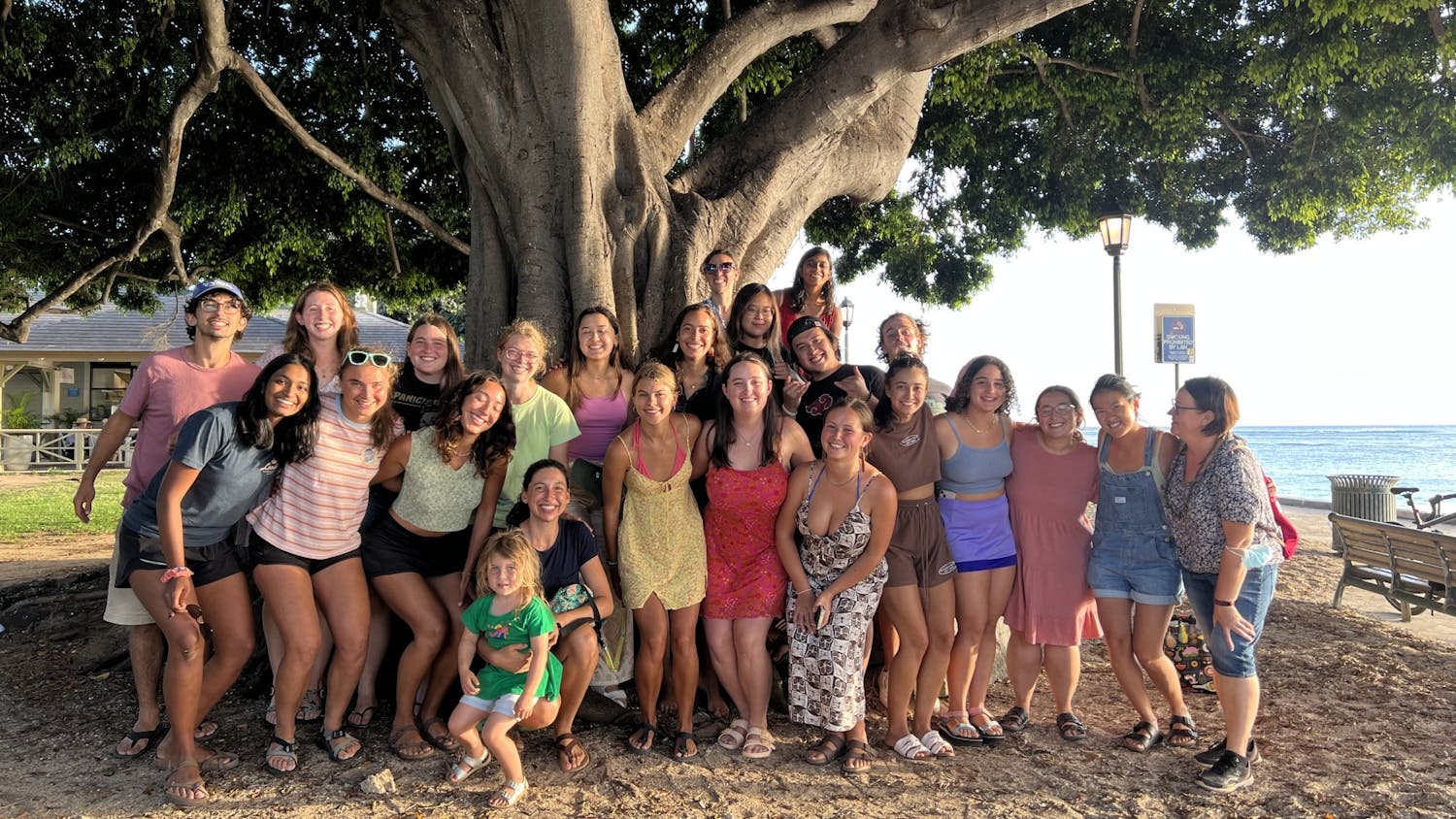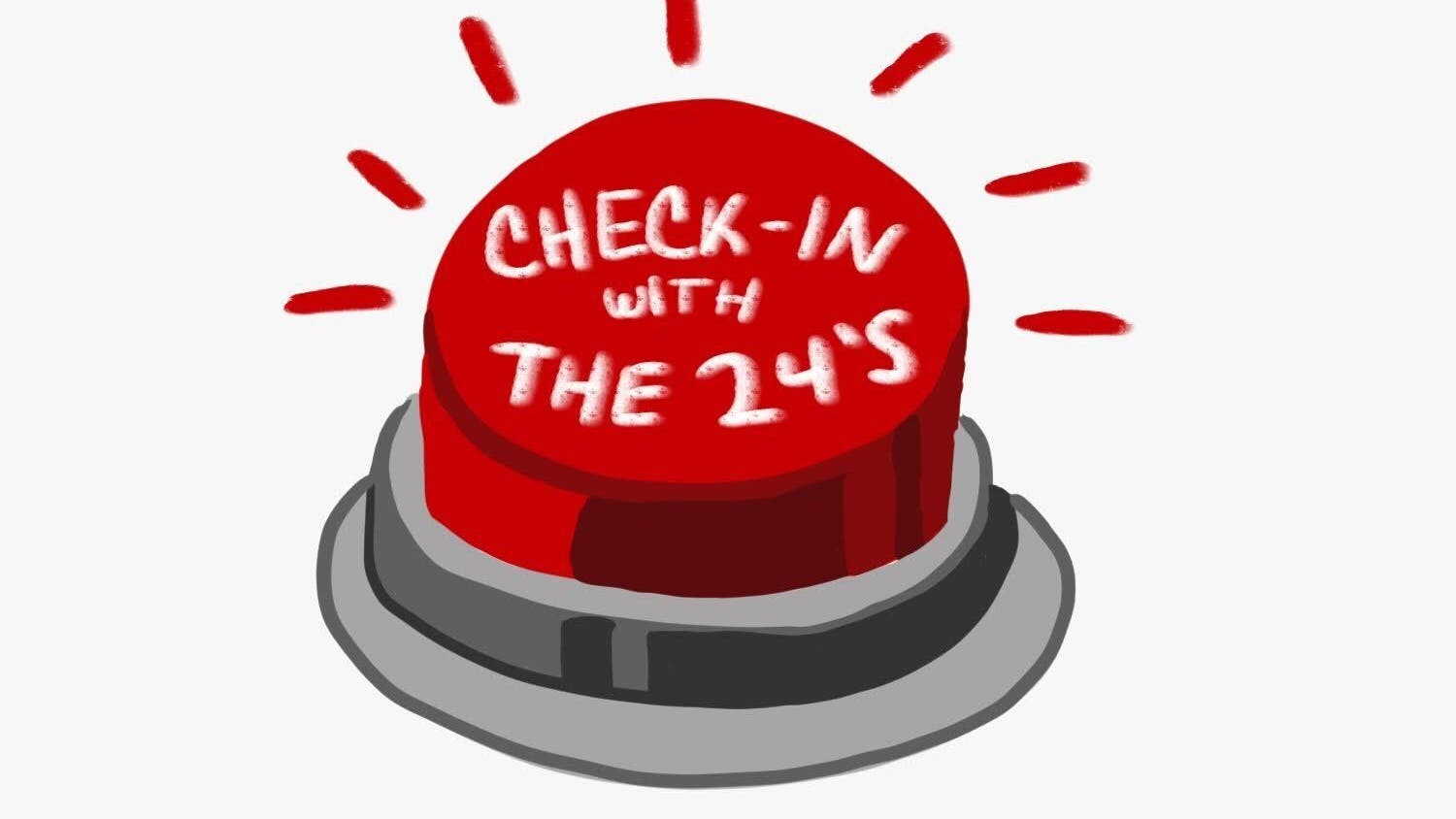This article is featured in the 2023 Commencement & Reunions special issue.
There’s an implicit, classic “Dartmouth Experience” — one advertised to eager freshmen in a neatly-packaged, four-year progression. It begins with the firsts of freshman fall, continues with the light-hearted laughter and sunshine of sophomore summer and the lofty expectations for internships junior summer. And it ends, after a blur of four years, with a cap and gown on the Green. However, for many students, their time at Dartmouth is more fluid and adaptable, often stretched out over time.
If you’ve spent any time this year asking students about their graduation plans, you’ve surely come across a few students who call themselves ’22+1s or ’22+2s: students who, for one reason or another, delayed their graduation. What is the gap year phenomenon that has more than 150 members of the Class of 2022 calling Hanover home for another term or another year?
“You can just learn more about what you actually like to do in life and what your values are,” Haley Warzecha ’22 said. Warzecha took time off after her junior fall to prepare for her future medical school plans, working at Dartmouth-Hitchcock Medical Center as a research assistant, serving as a teacher’s assistant and taking the MCAT. She will now graduate with the Class of 2023.
The famed “Washed Up ’22s” GroupMe boasts 155 members — students who are “on” for an additional term, through the spring of 2023, or pursuing a Master’s degree or BE. All three of the students I interviewed for the piece, who have delayed their graduation and are graduating with the Class of 2023, mentioned the group chat as the central hub for students who took gap years.
Haley Warzecha ’22 cannot sing the praises of a gap year enough. As a pre-medical student here at Dartmouth, Warzecha used the time after her junior fall to prepare for her future medical school plans.
While reasons for deciding to gap vary widely, the choice to stretch out 12 academic terms over more than four calendar years is becoming increasingly popular. At the onset of the pandemic in 2020, many incoming students took a gap year, becoming members of the Class of 2025.
Some students, like Josh Ocampo ’22, took a gap year to gain experience before entering the professional world after graduation. Ocampo began his gap year one term into his senior year.
“I had gone through the recruiting process … I had one potential job, and I was feeling uneasy about the period I was going into,” Ocampo said.
Ocampo took time during his gap year to prepare for a career transition from UX design to product management. The internship he completed in the project management field during his gap year allowed him to secure a full-time position in project management post-grad.
“In the job market, it’s a lot harder to make a lateral move without setting your career back. It’s honestly a lot easier to take a year off and take a different internship and then bet somewhat on that return offer,” Ocampo said.
While both Warzecha and Ocampo echoed the practical benefits of gapping, the pressure to choose a career path before even matriculating feels hasty to many Dartmouth students.
“For my friends who are younger and taking a gap year … it’s very unfortunate how rushed everything is here,” Warzecha said. “If you want to recruit for certain industries or apply to law or medical school, you have to decide when you’re 17, maybe 18.”
Alex Wells ’22 seemed to notice a clear difference in students who’d taken the extra time for themselves before starting their college careers. He said that he believed many of the ’22s and ’23s who had taken a gap year “arrived with a sense of knowing who they were.”
“They just had some sense of how to approach [being at Dartmouth],” he added.
At Dartmouth, class designations, such as “’22” and “’23” feel quintessential. They are the primary way students distinguish themselves on campus — socially and otherwise.
A student’s class year is indicative of a host of shared experiences, such as the memories made over sophomore summer or of lockdowns during the peak of COVID-19. Perhaps it is because of this weight that they hold such cultural currency on campus — and beyond. You’ll often find that alumni will mention their class year with pride and nostalgia early on in a conversation.
Wells gave a nod to this, saying, “I’d call myself 80% ’23.”
Even though gap years can change one’s social identity on campus, they can also provide an opportunity to do some soul searching. For Ocampo, the fact that there were students in his year who were also taking gap years helped to normalize an otherwise intimidating process.
“I was like… there’s a bunch of ’22s that are going to be here next year,” Ocampo said. “This is pretty normal; I can take this year now to figure out what I want to do with my life.”
One clear worry for students considering a gap year is coming back to a campus without their friends, who have since graduated. For Ocampo, the time on campus after his projected graduation date was an opportunity for new connections.
“Even this year, I don’t have my central friend group anymore. I could lean a little bit more into my interest-based friend groups,” he said.
Wells appreciated the time his gap year gave him to lean into the non-academic things he loves about Dartmouth.
“It feels so hard to really take the space that you need to just be a human here,” he said. “As a senior, I’ve made more space in my schedule for [little things like] just hanging out with friends and giving hugs on the Green.”
Wells’s sentiment rings true for many students who feel like the terms here leave little space to truly do things they enjoy, amid academic, extracurricular and social demands.
“The gap year was good for me in the sense that I’m a little bit more removed from Dartmouth culture,” Ocampo said. “This past year, I’ve been able to put more time towards my genuine interests.”
While the amount of time students spend pursuing their genuine interests while on campus varies, Ocampo highlighted that the way students get a bachelor’s degree is undoubtedly changing: more competitive job markets, the high cost of education and increasingly younger career pressures.
Ocampo went as far to say, “It doesn’t make sense to me why people would take four years for college.”
Warzecha noted that gapping is still a luxury enjoyed by students who have the financial means to stretch out their educational time.
“It is a luxury to do it … to be able to take that time off and have the funds for it,” Warzecha said.
While students considering a gap year face these financial constraints or other pressures on time, Dartmouth students taking gap years isn’t going away any time soon.
“I was talking to a ’25 the other day on an on-night. She told me she was about to go on a gap year for a whole year,” Ocampo said. “I thought that was pretty cool. I had never heard that before COVID.”
For all three of these students, a gap year clarified their intentions for their remaining time at Dartmouth. By giving them valuable experience for the work world and a chance to connect with more ’23s, few expressed any regret about taking extra time to finish their degree.




